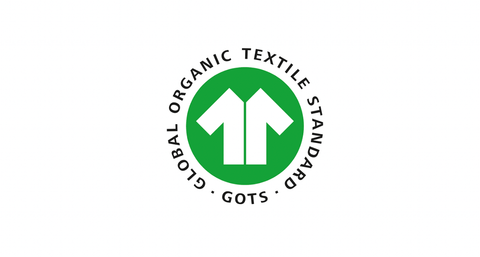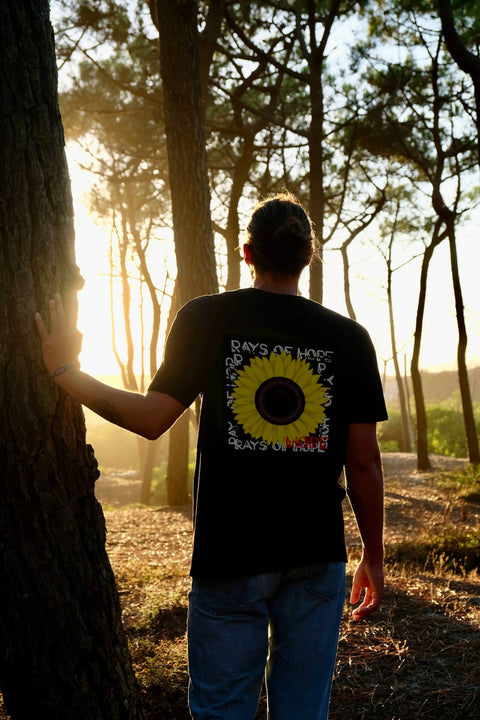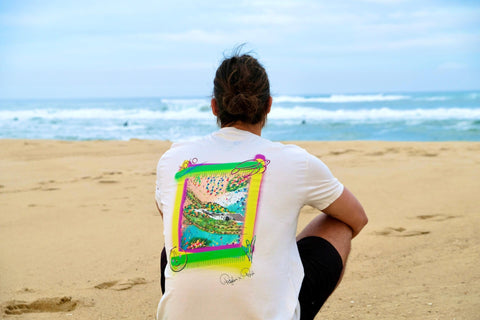

Sustainability is now a term that has become very, very important and continues to gain in importance - which, however, is also thrown around very lightly.
How often do you hear the question "Yes, but is that sustainable?" or “We absolutely have to see that we do this sustainably”. But what exactly does that actually mean? What is behind the term sustainability?
First and foremost, of course, we think of the environment and the possible impact on our planet. But I can also ask myself quite banally whether my lunch will fill me up for a long time or whether I will be hungry again in 2 hours. Or whether my sport / my way of living, which helps me feel good, will still make me feel good in 20 years or maybe the opposite is the case?
The topic of sustainability simply has many facets and depending on the perspective, different characteristics can be prioritized.
Basically, real sustainability consists of the three areas of ecology, economy and social affairs.
It is important to understand that these 3 areas cannot be considered individually. They are connected to each other, influence each other and can therefore only be viewed collectively.
In order for sustainable coexistence to be possible, economic and social developments must be in harmony with the environment and social interests. And not only for the needs of our current generation, but also for your children and their children.
The UN has set a total of 17 goals to ensure sustainable development. Check them out here https://unric.org/en/17targets/
OUR PROMISE
Transparent. Sustainability. Social.
We do our best every day to ensure that our clothes are produced with the lowest possible impact, everyone involved is paid and treated fairly, and at the same time something is given back to society.
We would like to make all this information available to you so that you can decide for yourself whether you want to support us with your purchase.
If that's the case, we're really happy, we're incredibly grateful and we wish you a lot of fun with your stuff!
Sustainability in the textile industry
The textile industry not only causes more CO₂ emissions than international aviation and shipping combined, it also exploits millions of people.
Making a profit trumps the environment, people's lives and our own future.
A change is urgently needed.
A change that we can only bring about together.
No matter where we look, people are trying to convince us to buy something. Because we really, really need it. Ideally already yesterday. The procedure is to produce more and more and more cheaply in order to manipulate our consumer behavior and, as a result, to do justice to it.
Responsibility companies / politics
Companies and politicians must promote different consumer behavior.
responsibility consumer
As consumers, we have to question and change our own consumer behavior.
Another reason is ignorance. Many people are not even aware of where their clothes actually come from and how they can make a difference with their purchase.
Therefore, there is also a lack of understanding that a piece of clothing that has been produced fairly and ecologically sustainable, on which no one has been exploited, has a certain price. If everyone involved is to be paid fairly and the impact on our planet is to be kept as low as possible , then it has its price.
Sustainably and fairly produced clothing is not too expensive. We are only used to clothes that are produced far too cheaply, at the expense of the environment and other people.
responsibility company
Companies need to inform and educate.
responsibility consumer
As consumers, we have to be willing to question and inform ourselves.
Above all, there is a lack of transparency and, as a result, a lack of trust in companies. That's why "non-sustainable fashion" (so-called fast fashion ) is often resorted to again, because people aren't sure whether it makes a difference.
corporate responsibility
Companies must act transparently and provide consumers with as much information as possible. In our opinion, this also includes an overview of the production costs and how much we earn from them. This is the only way I, as a consumer, can make a conscious purchase decision
Every week the “latest trend” is published in bad quality. As a result, items of clothing are worn an average of 7 times.
Mass production, disposable goods and clothing don't really go together. In my opinion, we also express our own personality through clothing.
Aren't we worth it to ourselves to pay attention to quality and ethically correct production? (IMPORTANT: Quality is not synonymous with brand. Clothing should never be a status symbol)
When you buy a house, laptop, cell phone or bike, you want those things to last, right?
And you use these items every day.
So why shouldn't we think the same about our clothes?
corporate responsibility
Companies have to pay attention to quality, increase the emotional value of the garments and set fewer trends in the world.
responsibility of consumers
We consumers have to reflect on our way of thinking and make conscious purchasing decisions.
We produce fairly and sustainably in Bangladesh.
Through our consumption we have supported exploitation in the developing world.
In my opinion, we must therefore take responsibility and work to ensure that we create reasonable conditions for these people to enable them to live a real life.

certificates
So that you can better understand what it is all about and whether the certificates are essential, I have tried to introduce you to all the seals with which our garments have been awarded in the course of production.

materials
We only use organic and recycled materials.

Understanding sustainability
Recognise sustainability
We know how complicated it is as a consumer to identify truly sustainable companies. That's why we've created a free guide for you to make conscious purchasing decisions.





